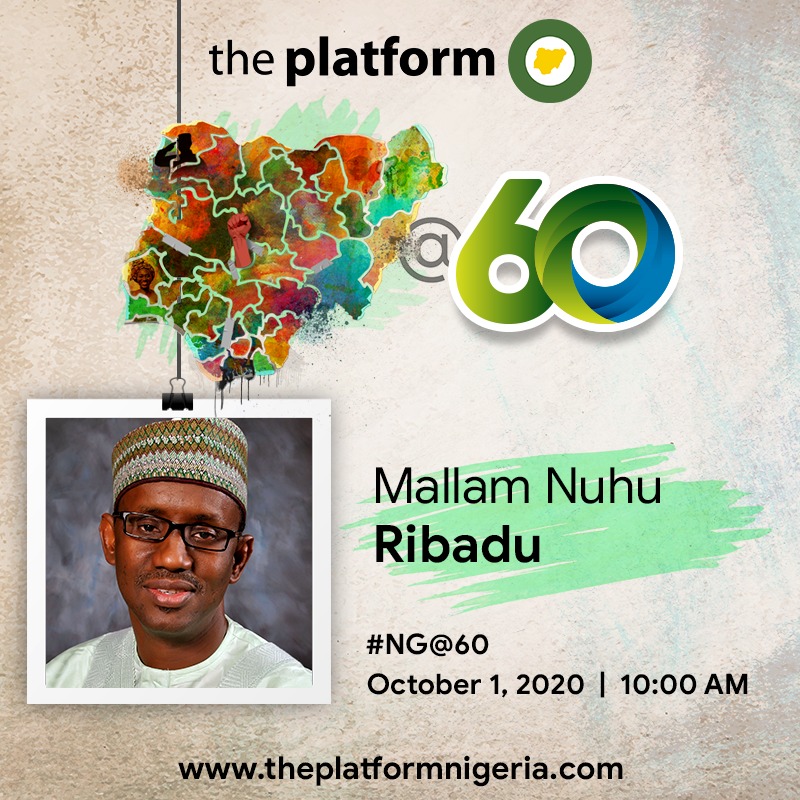In his first question to Mallam Ribadu, Pastor Poju pointed out that one of the key complaints by people is that the anti-corruption agencies are directly financed by the government and the leadership appointed by the president and therefore it is non-partisan. He was asked for his opinion on that.
In response to that question, he admitted that it’s almost impossible to avoid government funding since it’s a government agency. Although he mentioned that there was a period where the EFCC had to source for funds from external sources, like the European Union and others, and how that made their work as a union seamless. He, however, believes that what matters is the leadership in charge and not who financed the agency, as long as he (the leader) is a person of integrity.
He submitted that if the control will just be by the president alone and the agency reports directly and takes orders only from him, while everyone is subject to the agency, then there is a chance that the country will get it right.
He did great justice to the second question he was asked about 3 things he thinks should be done to curb institutional corruption in Nigeria. He started by commending the nation, saying that Nigeria has done fairly well in adopting global best practices to combating corruption, though we are still far from getting the desired result. Then he pointed out the three things that he believes will make a tremendous difference:
First, we need the right leadership. What matters most in curbing corruption is Leadership. When we have a leader with integrity, everything will work.
Second, it matters for us to pay attention to the entire chain of the justice sector, from the law enforcement agents to the law courts, as they are the ones that will clean up the system.
The third and final thing he mentioned is unity, where we are comfortable with one another, and an environment that’s safe and secure for individuals and businesses to live and work together. The ability for us to secure people and their businesses matters a lot; and hopefully, we will get to a point where our current system starts working effectively, he submitted.
When asked if he thinks we need a special court for financial crimes, considering that the elites have taken advantage of the judicial system to delay justice, he decried the idea of proliferating institutions. If we keep on creating a special court whenever we have a big problem, how many special courts are we going to create? he asked. “Let’s invest in the courts we have now”, he said.
He believes what we need instead is competent, honest and just leaders. If we invest in getting quality leadership in the existing courts, then many of the challenges we currently face will be solved.

